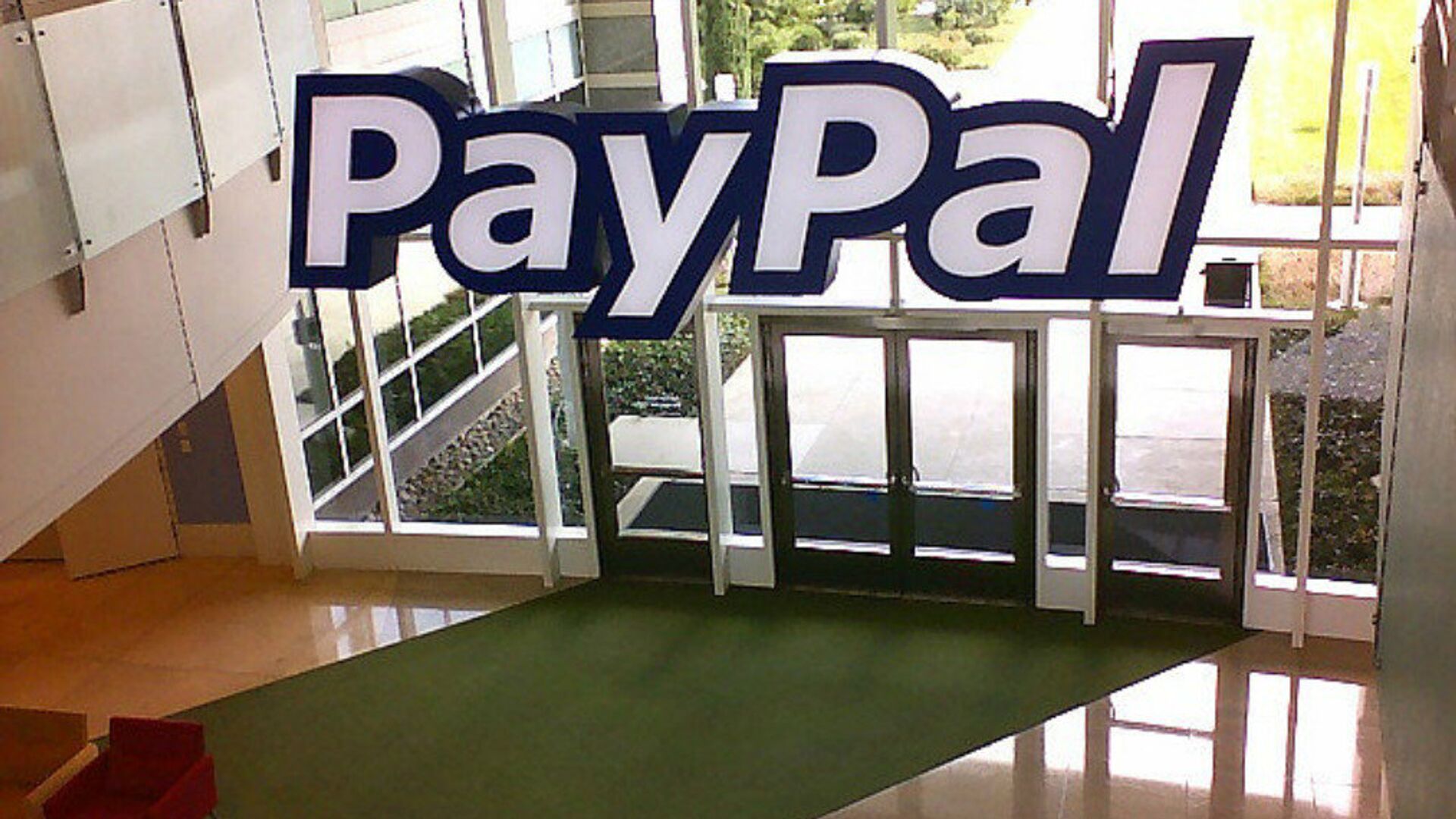PayPal Says it ‘Never Intended’ to Fine Customers $2,500 for ‘Misinformation’
21:14 GMT 10.10.2022 (Updated: 09:51 GMT 11.10.2022)

© Flickr / Steve Ganz
Subscribe
Last week, PayPal published a policy update allowing the company to fine users who risk the well-being of others, or "spread misinformation," as identified by PayPal Holdings Inc. The new policy was supposed to take effect starting November 3 and permitted PayPal to take up to $2,500 from users’ accounts.
Efforts on behalf of media organizations, tech platforms, and governments to police misinformation have been prone to error and overreach. Their attempts to curb speech they deem dangerous or “wrong” can sometimes result in the censorship of legitimate discourse.
Or at least this is how Free Speech Union, a UK group that protects those at risk of being penalized for exercising their right to free speech, felt about their recent ban from the company, which facilitates financial transactions.
Even PayPal’s former president David Marcus pushed back against the policy in a tweet this weekend, arguing that the new regulations go “against everything I believe in.”
It’s hard for me to openly criticize a company I used to love and gave so much to. But @PayPal’s new AUP goes against everything I believe in. A private company now gets to decide to take your money if you say something they disagree with. Insanity. https://t.co/Gzf8faChUb
— David Marcus (@davidmarcus) October 8, 2022
The company’s shares were down 6% after the update, which sparked an uproar on social media. On Monday, PayPal backtracked on the policy, with a spokesman claiming in a statement to Bloomberg News that the update was made in error.
“An AUP notice recently went out in error that included incorrect information. PayPal is not fining people for misinformation and this language was never intended to be inserted in our policy. Our teams are working to correct our policy pages. We’re sorry for the confusion this has caused.”
The language has since been deleted from PayPal’s user agreement.
